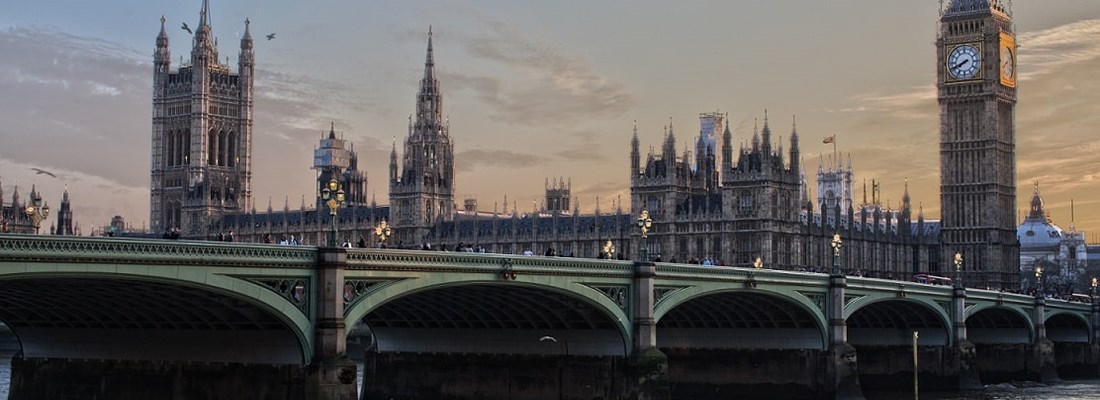General Election Looms Over Spring Budget Options

The dust had barely settled on November’s Autumn Statement when the government announced that the Spring Budget will take place in the first week of March 2024. The Budget will include the government’s tax and spending plans as well as new growth and borrowing forecasts.
It will most likely be the last chance for the Chancellor to announce significant changes to tax policy before the general election.
Here we take a look at some of the options that Chancellor Jeremy Hunt could consider for the Spring Budget.
Better times ahead
A general election will almost certainly take place this year and all political activity, including the Spring Budget, will be viewed through the prism of the upcoming polling day. At present the Conservatives are languishing in the polls, the cost-of-living crisis is ongoing and the UK is still facing a historically high tax burden.
Mr Hunt is expected to signal that there are better times ahead with pre-election tax cuts at the Spring Budget on 6 March. The early March date will help to leave time for voters to feel the benefit before they go to the polls.
Throw off our pessimism
The Chancellor used his last big fiscal speech, the Autumn Statement, to extend tax breaks for business and cut National Insurance contributions (NICs).
Since then, the Chancellor has said that 2024 is the year ‘when we need to throw off our pessimism and declinism’.
He added:
There’s a reasonable chance that if we stick to the course we’re on, we’re able to bring down inflation, the Bank of England might decide it can start to reduce interest rates.
IHT to be axed?
Recent reports in The Daily Telegraph newspaper claim that Downing Street is considering axing inheritance tax (IHT) as part of a ‘gear change’ on tax after prioritising the fight against inflation last year.
IHT is widely disliked by Conservative MPs and the prospect of scrapping it is often raised when the party needs a boost.
The Telegraph, which is campaigning to abolish IHT, said scrapping it is one of a handful of major tax cuts that have been discussed by senior figures in the government.
However, the scrapping of IHT was also trailed before the Autumn Statement but after a backlash, including from some within the Conservative Party, it was quietly dropped.
Only around 4% of estates pay IHT with exemption thresholds allowing couples to pass on up to £1 million tax-free.
This has led some Conservative MPs to favour changes to national insurance, VAT or income tax ahead of IHT as it will have a greater impact on voters.
The Prime Minister is expected to make a speech on the theme of personal tax cuts on 4 January so we may learn more then.
Self-imposed rules
The Chancellor will be constrained in the tax cuts he can make by self-imposed rules for the national debt to fall as a percentage of GDP within five years’ time.
This requirement was met with about £13 billion to spare at the Autumn Statement. However, this was predicated on £20 billion of real-terms cuts to public spending for after the next election, which has been branded as unrealistic by leading economists.
Spring Budget
The Chancellor will deliver the Spring Budget, alongside a forecast from the independent Office for Budget Responsibility (OBR), on 6 March.
Mercia’s tax experts will be watching and will provide detailed analysis of the day’s announcements. Keep your clients up to date with our range of digital and printed products.




